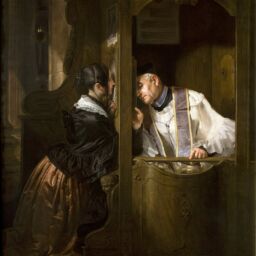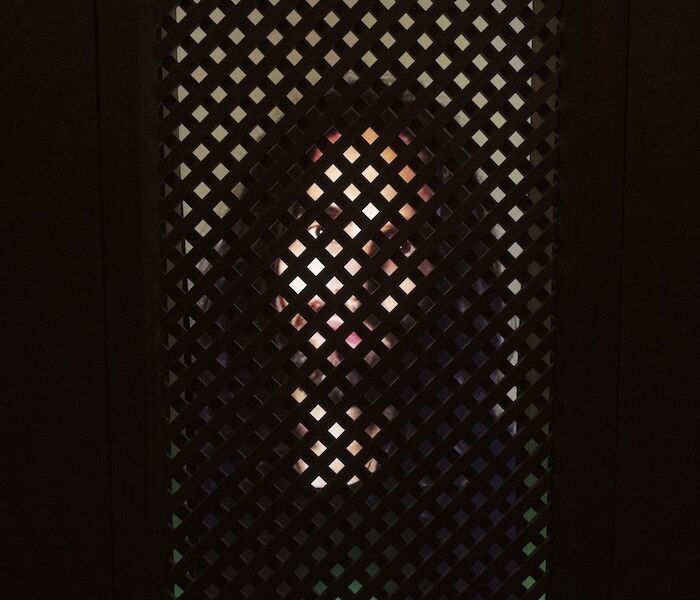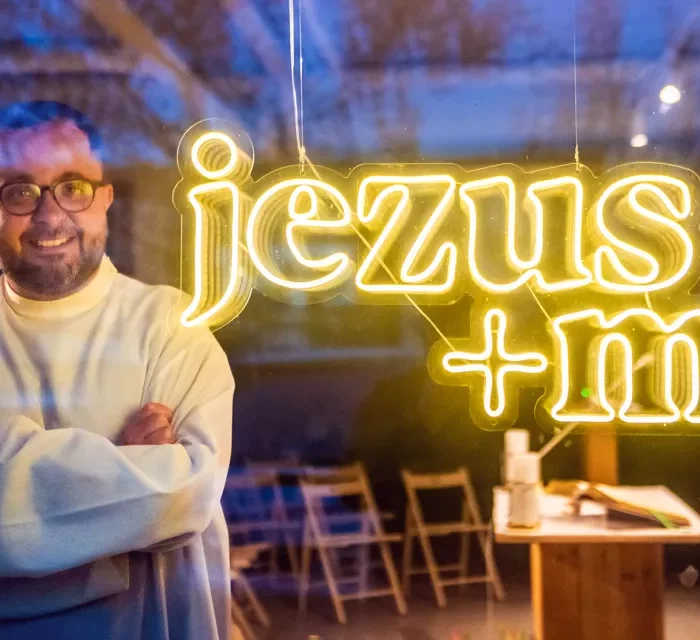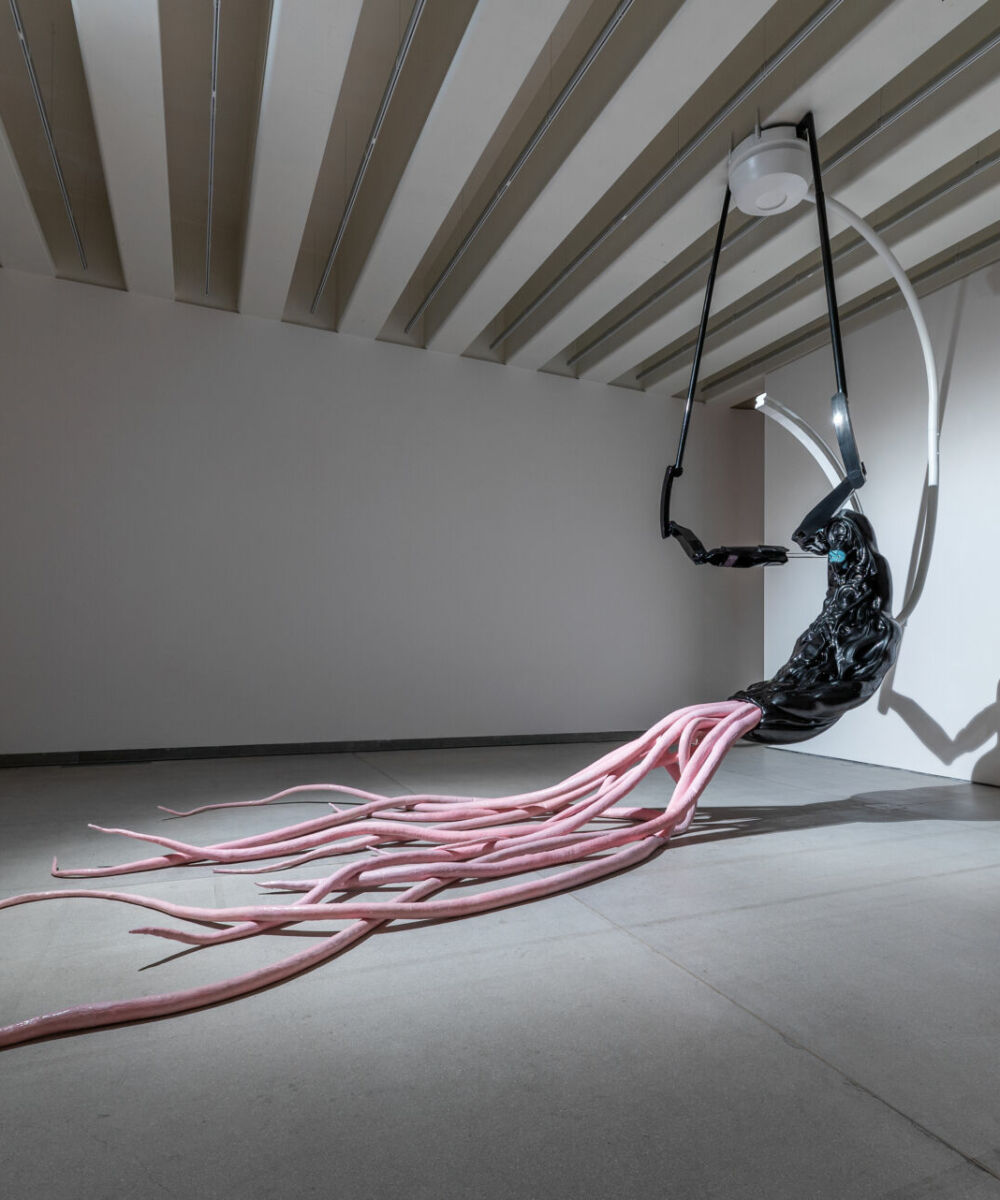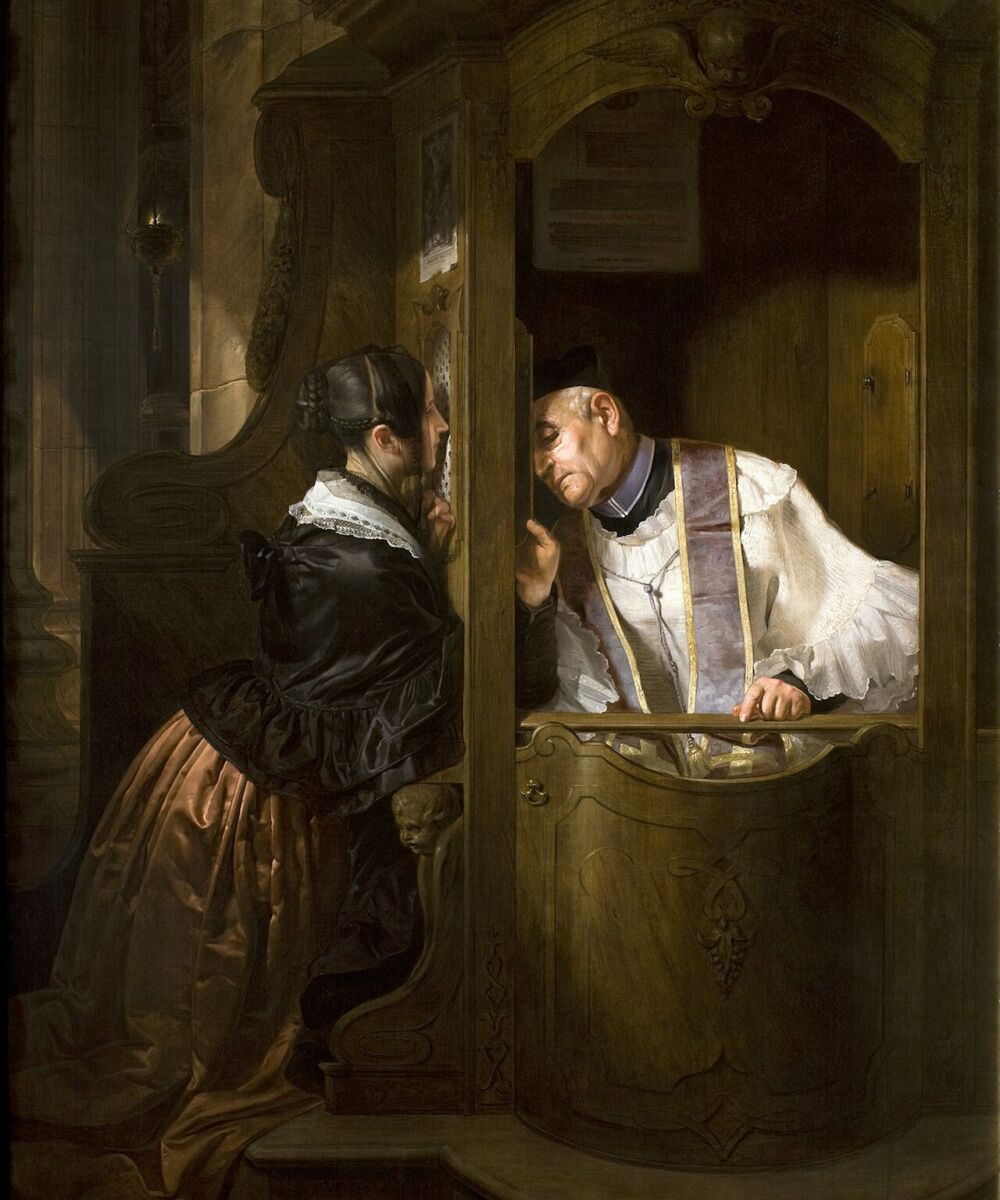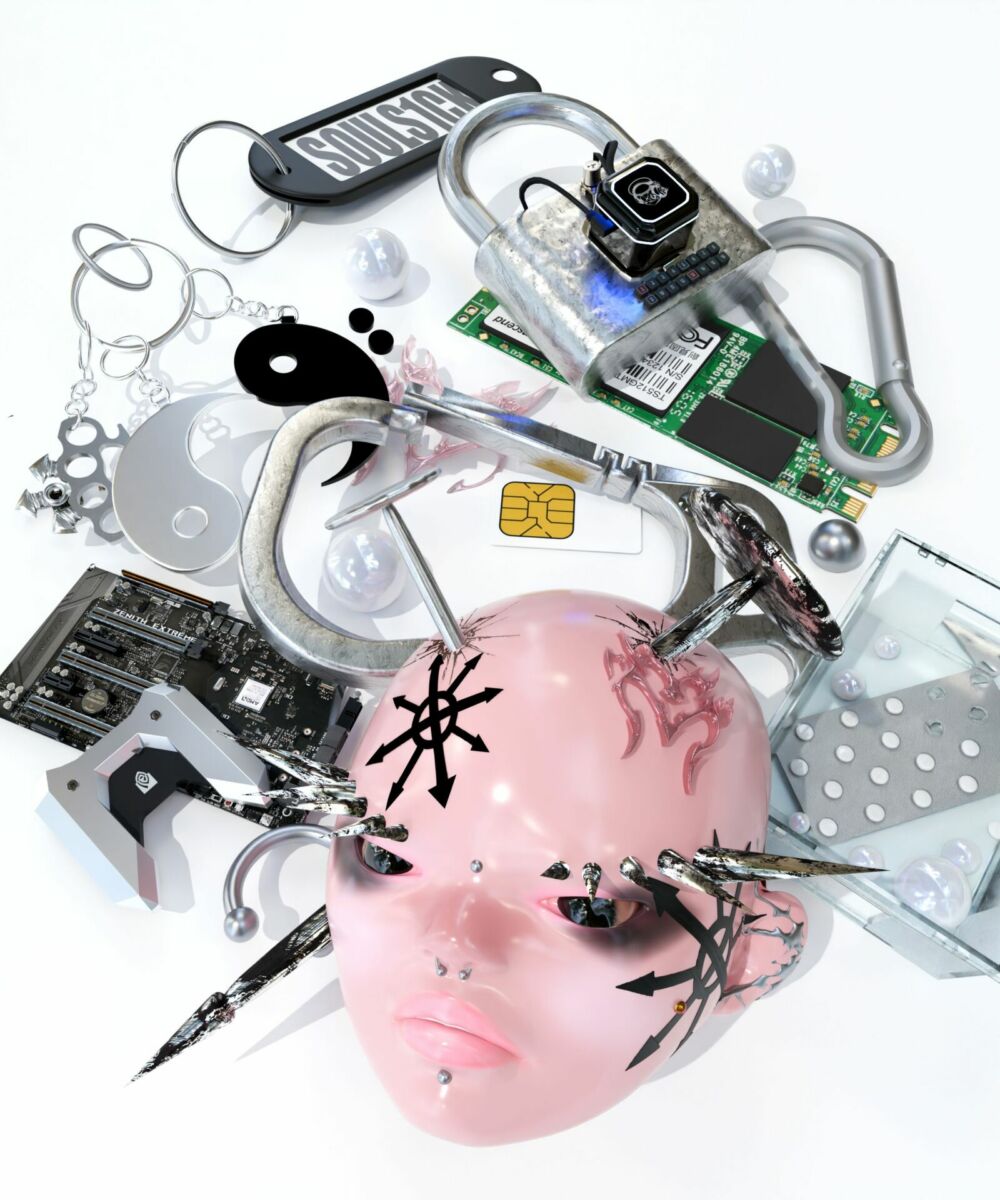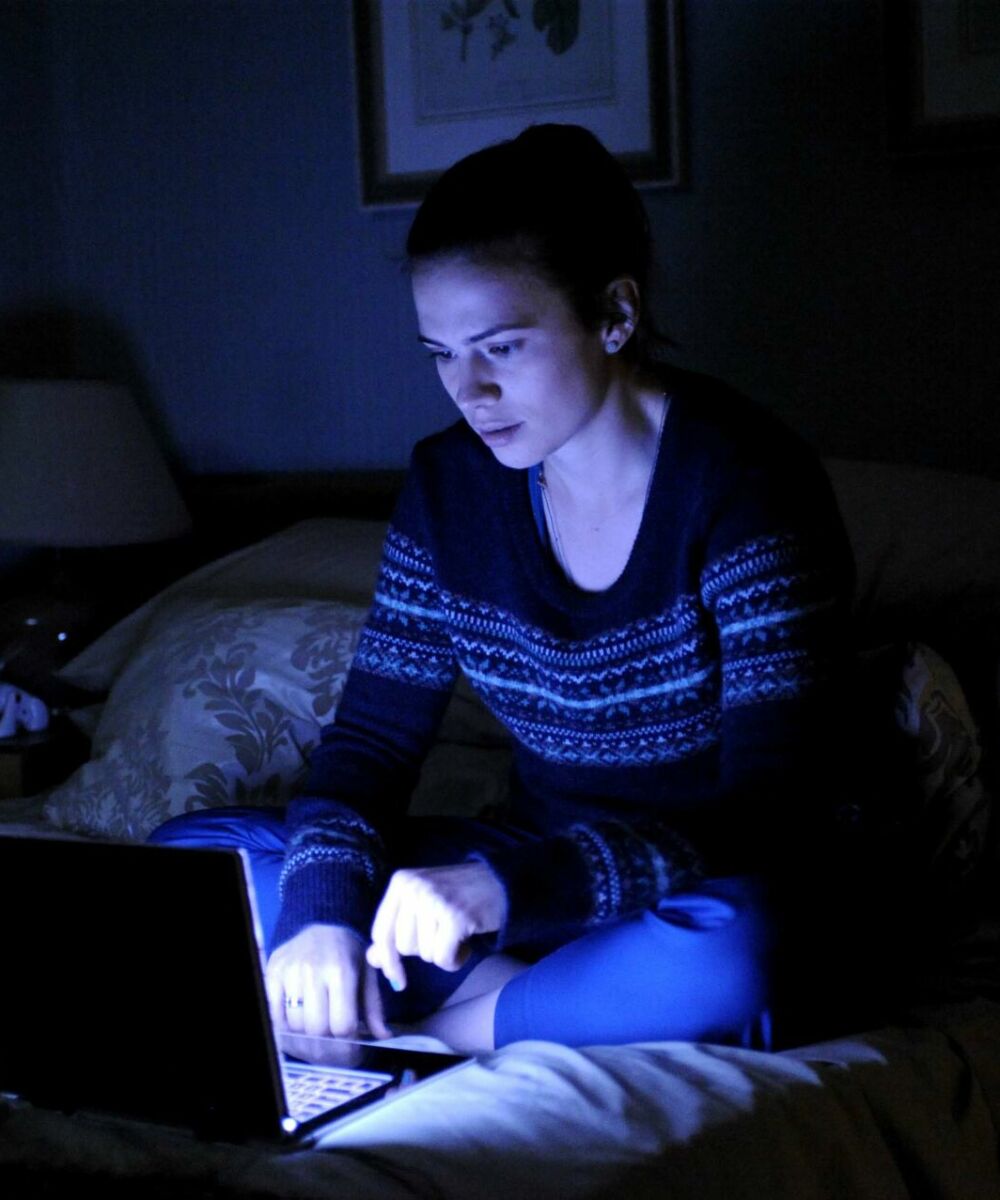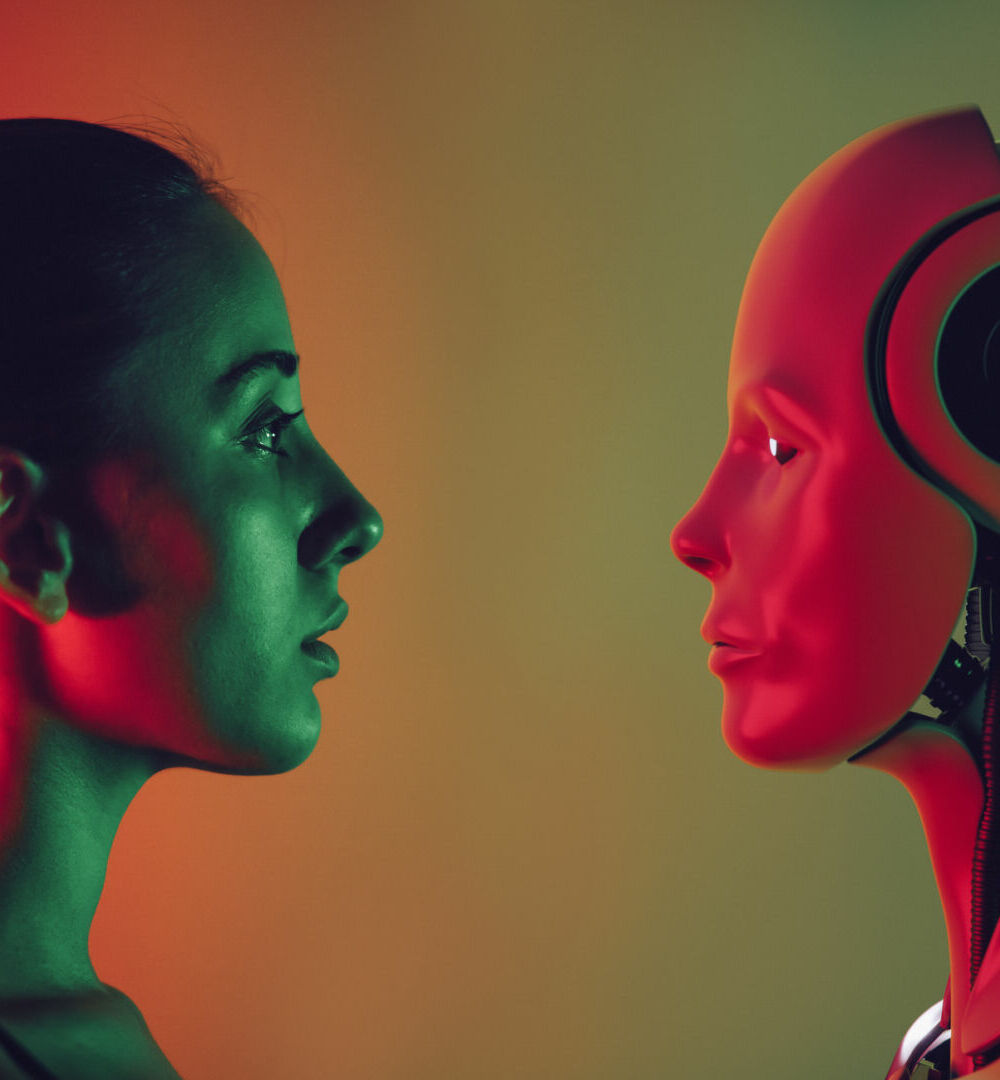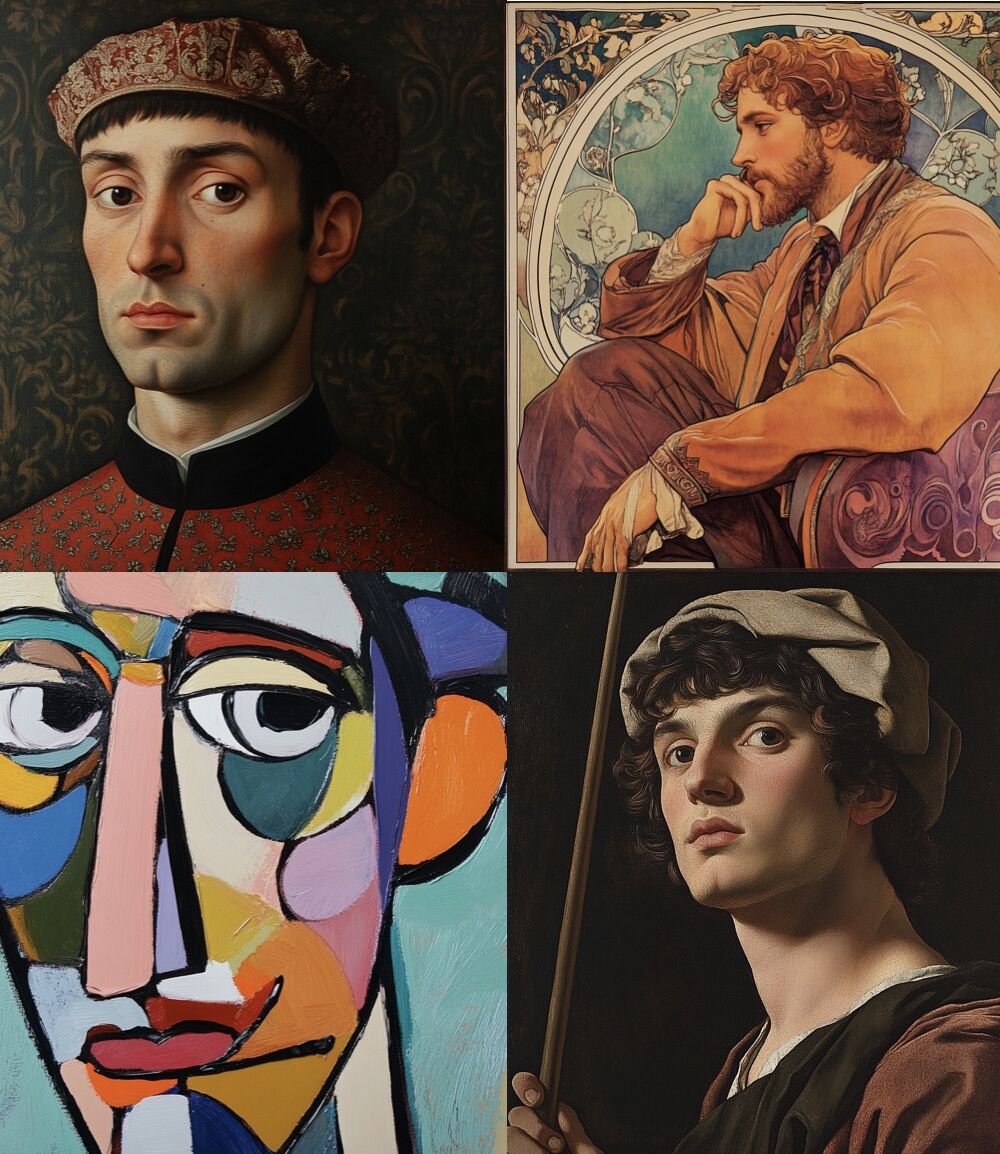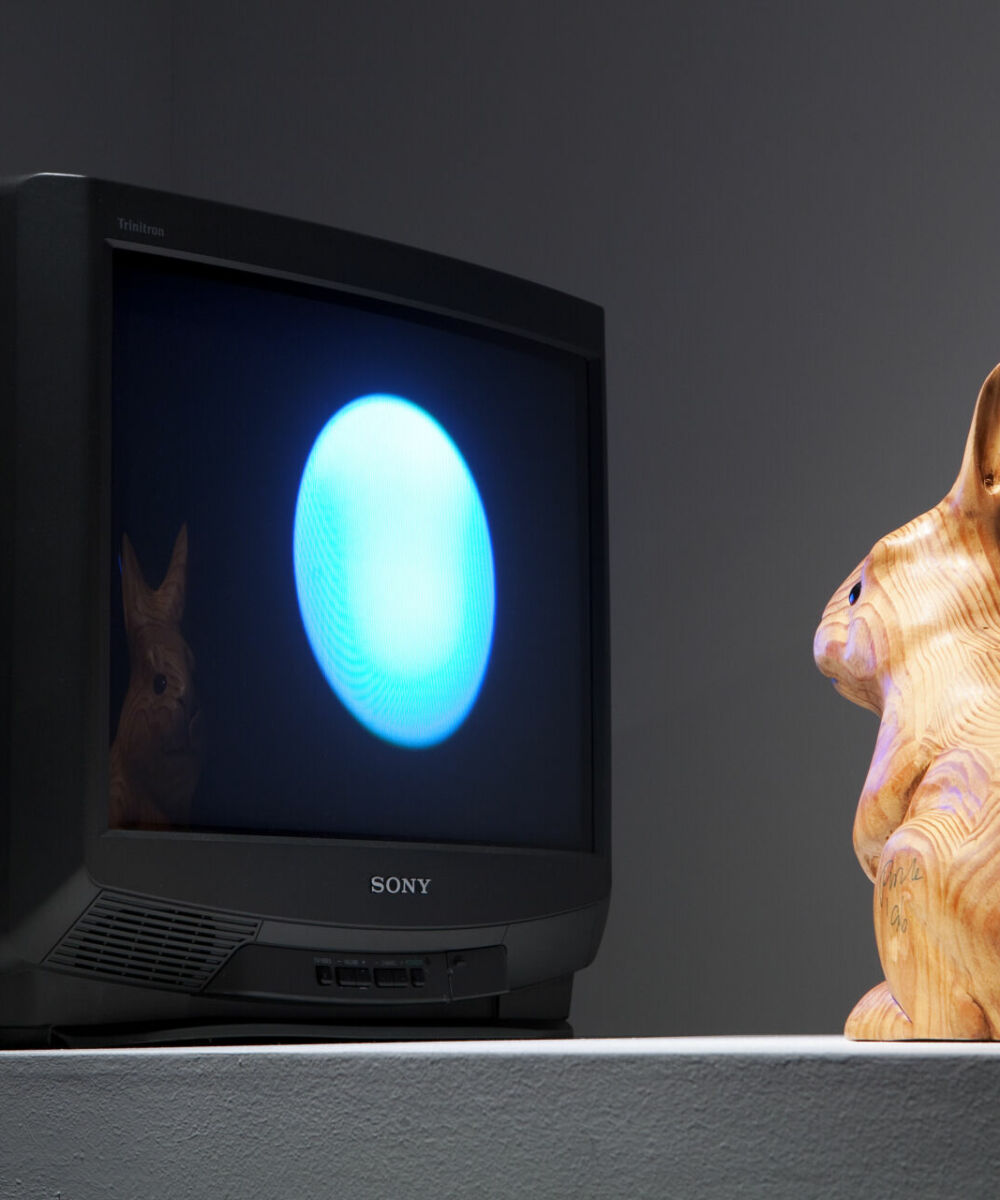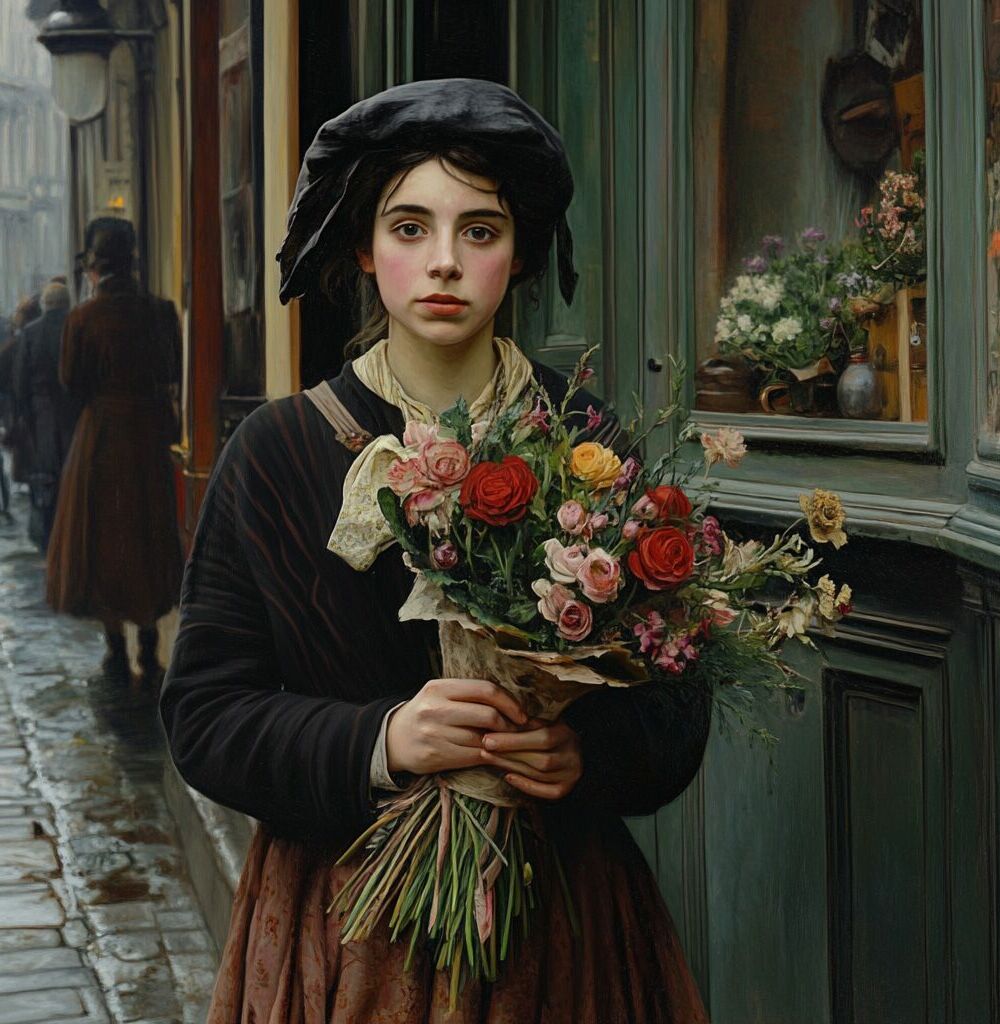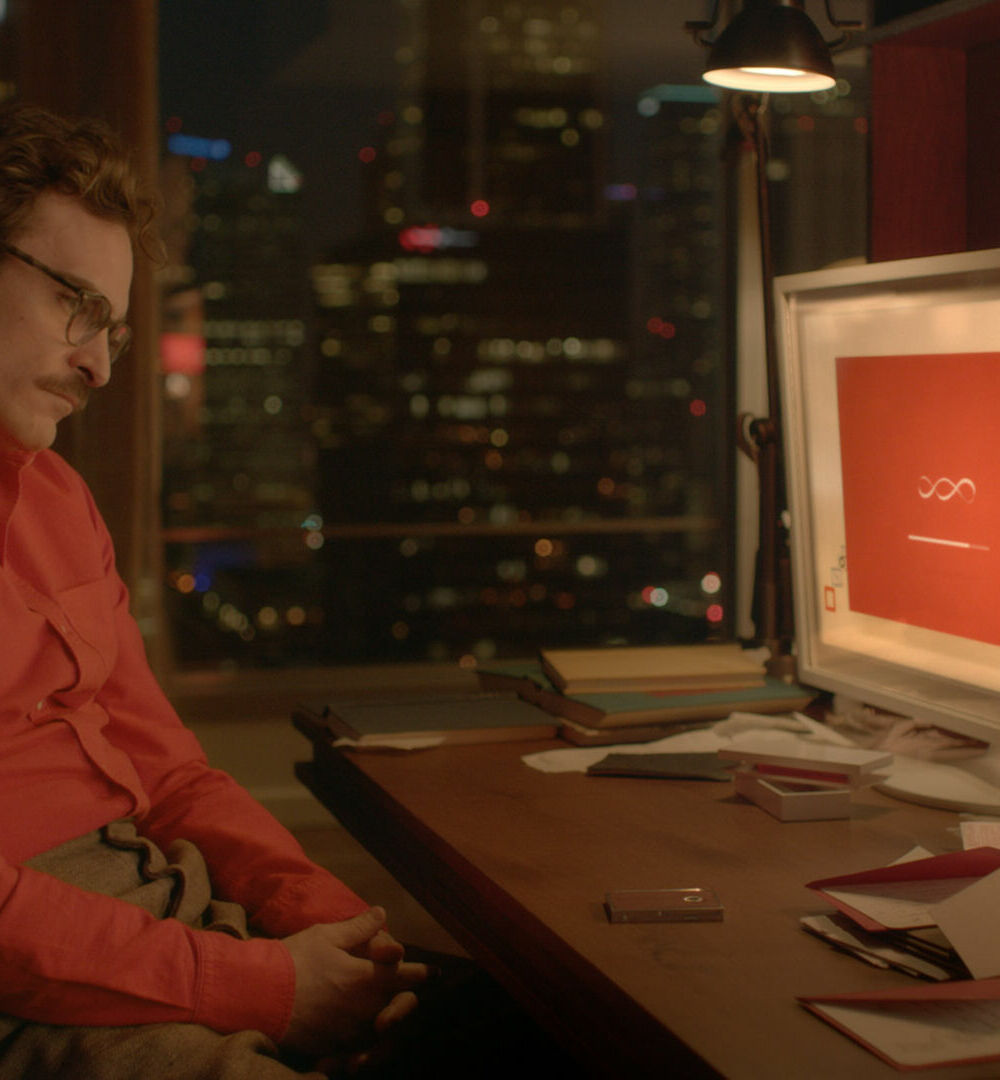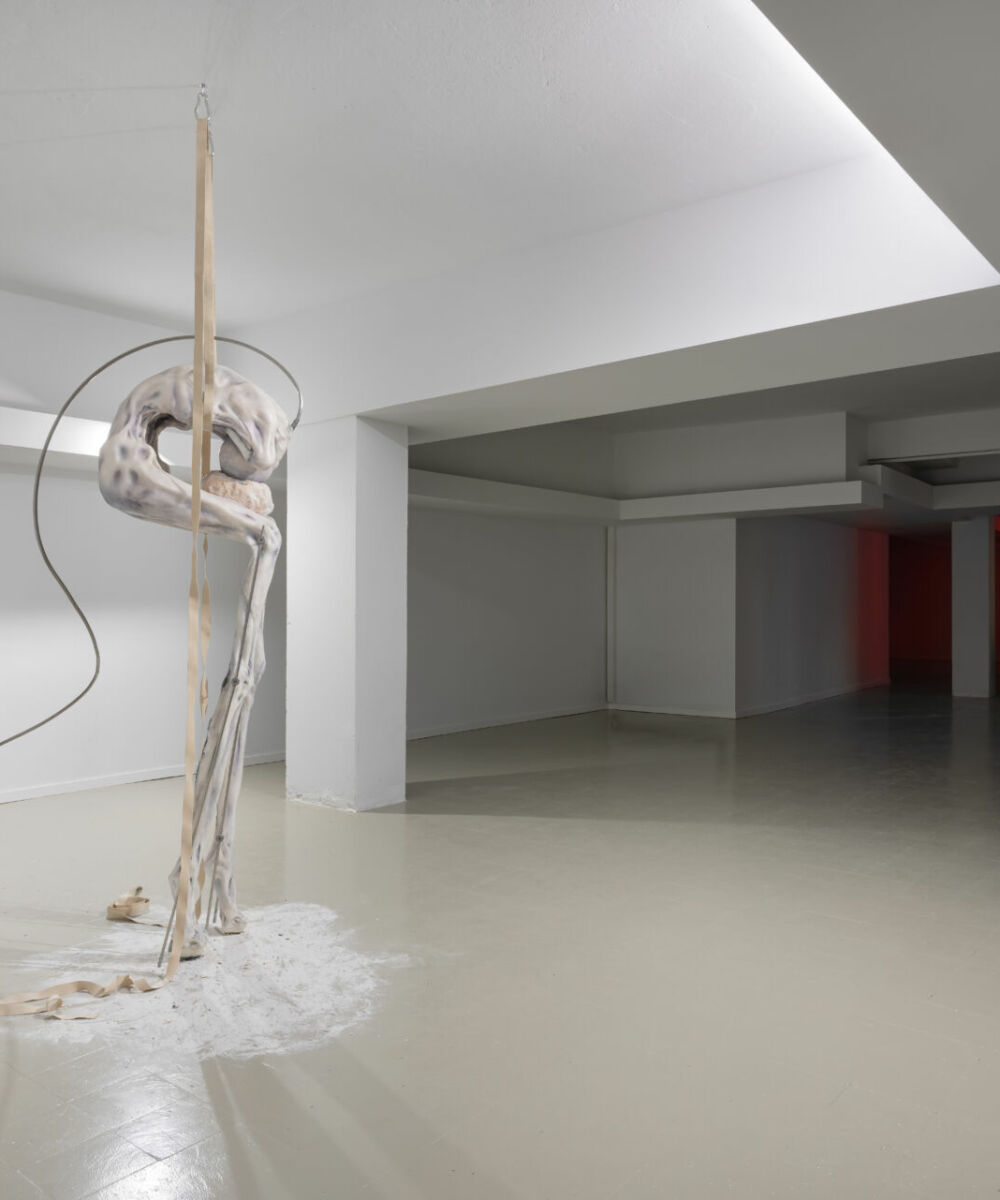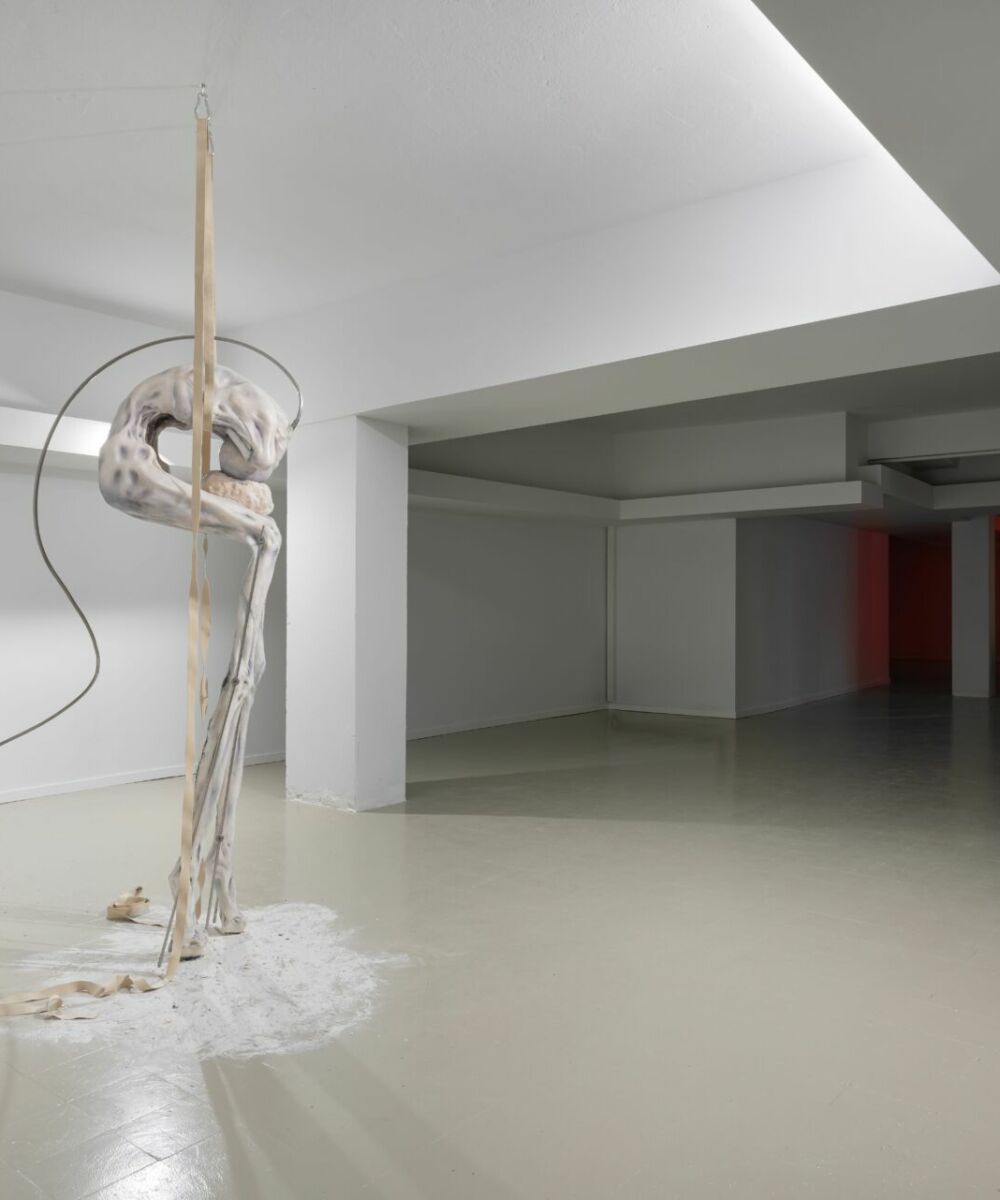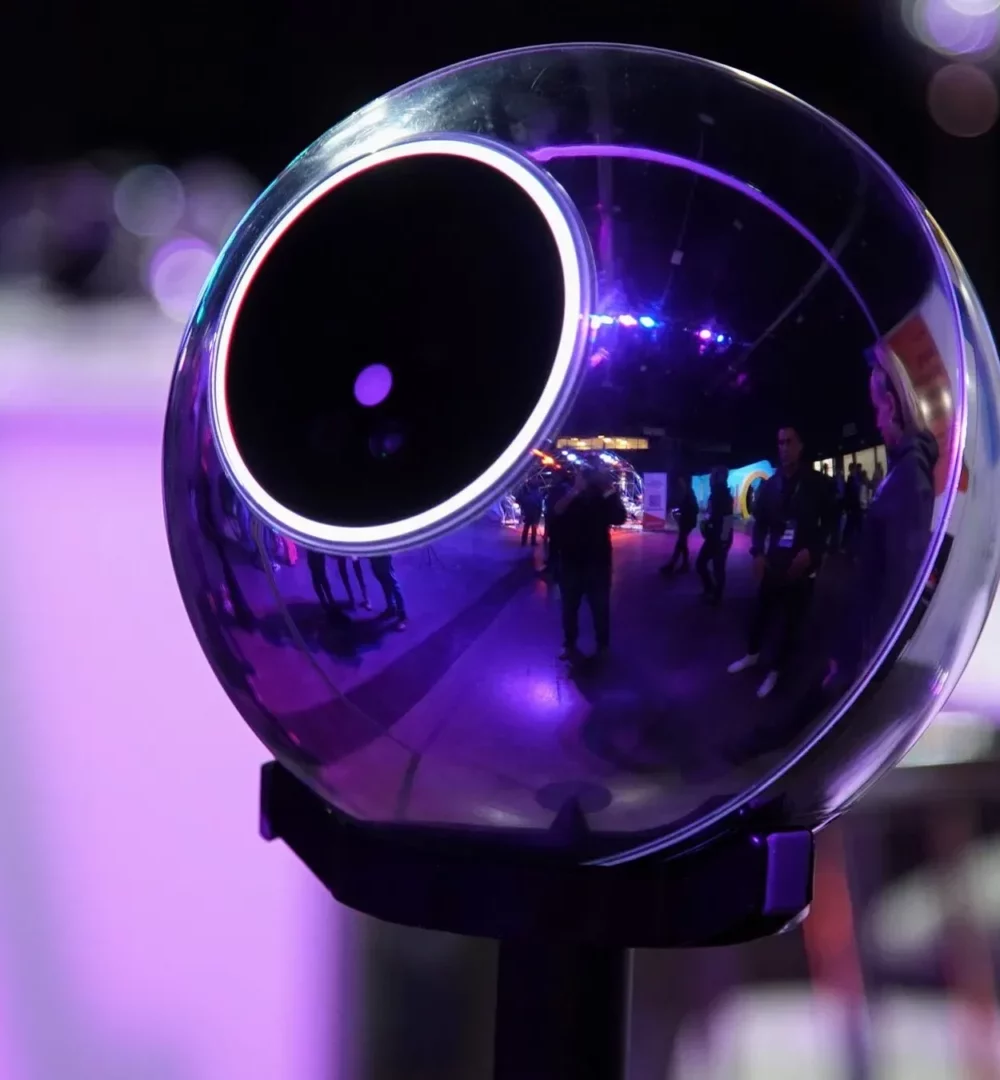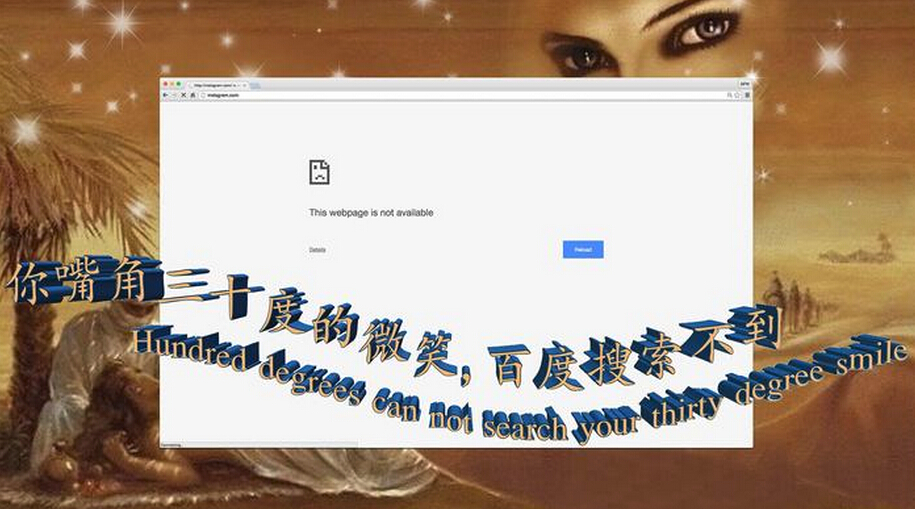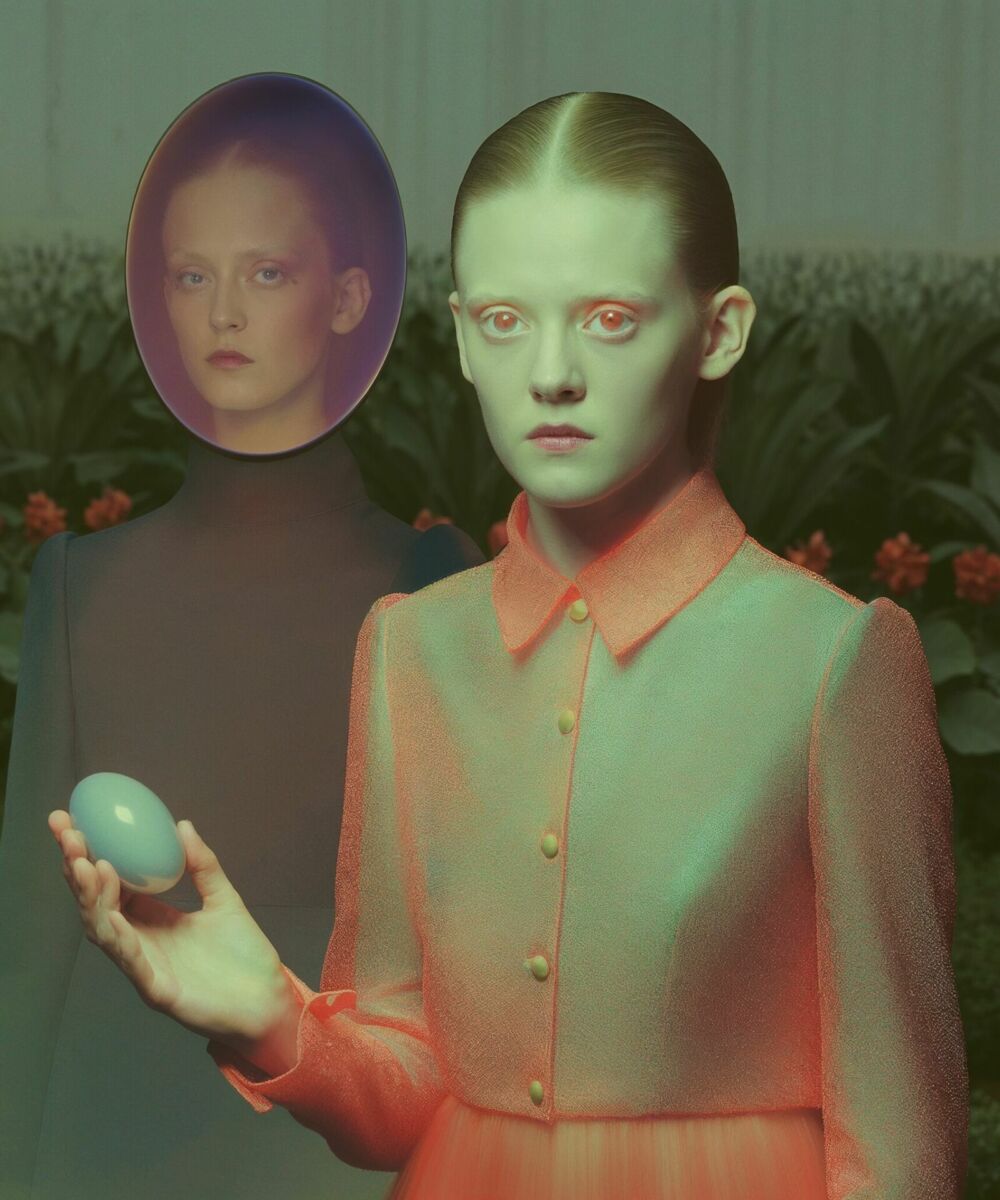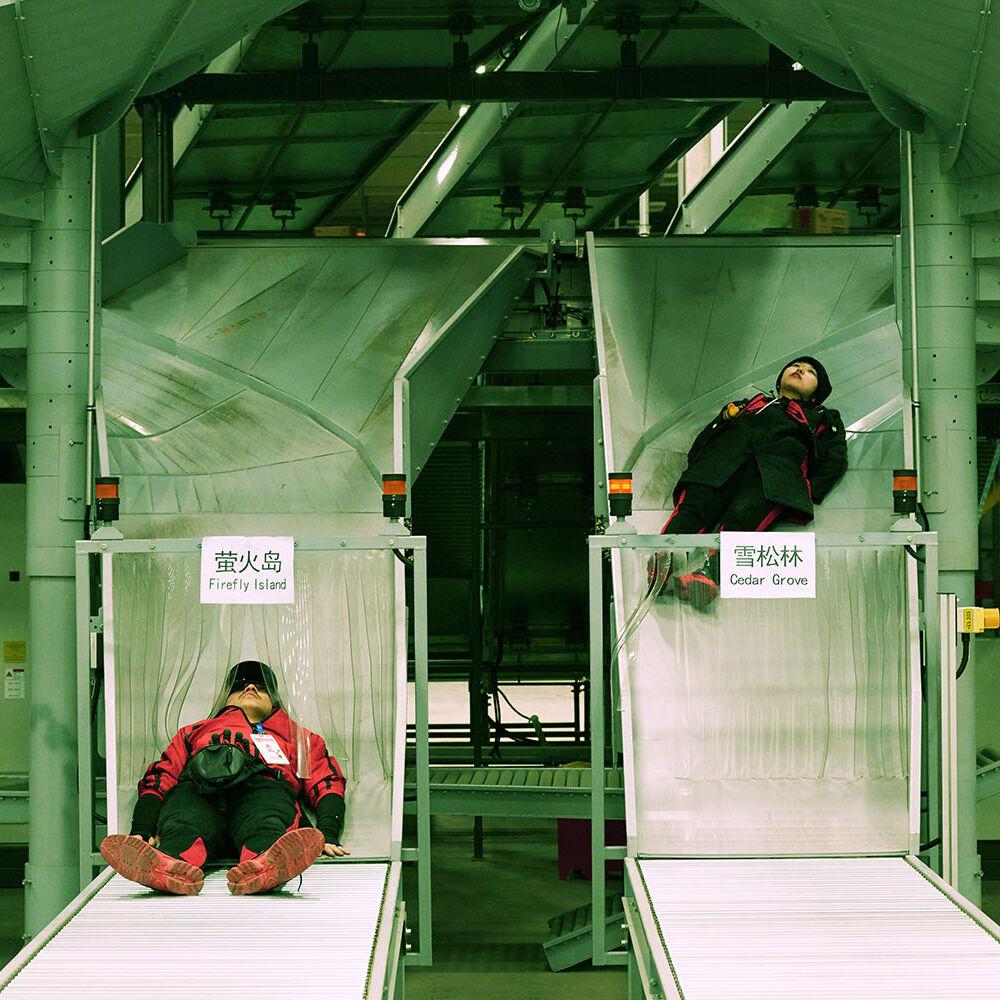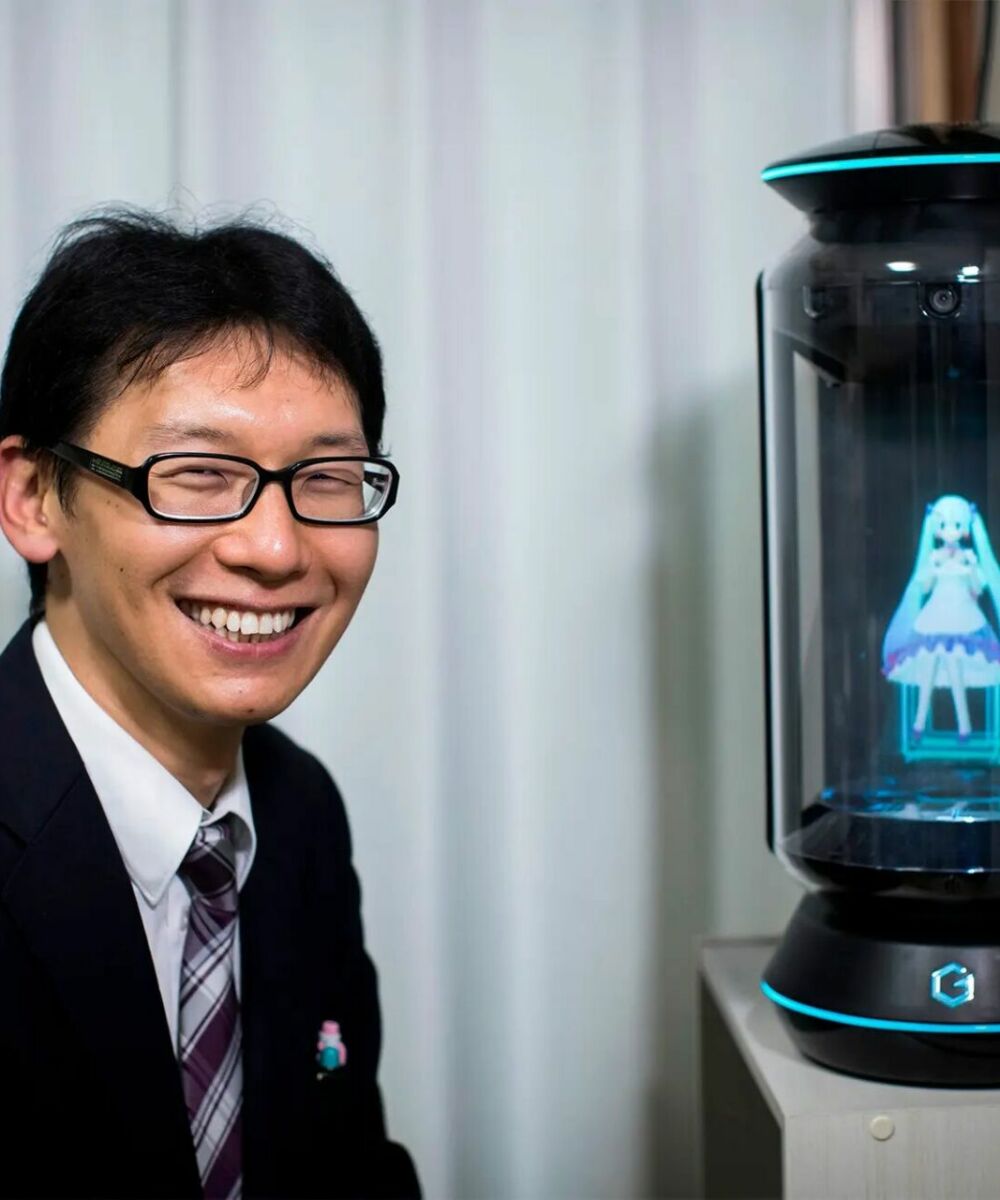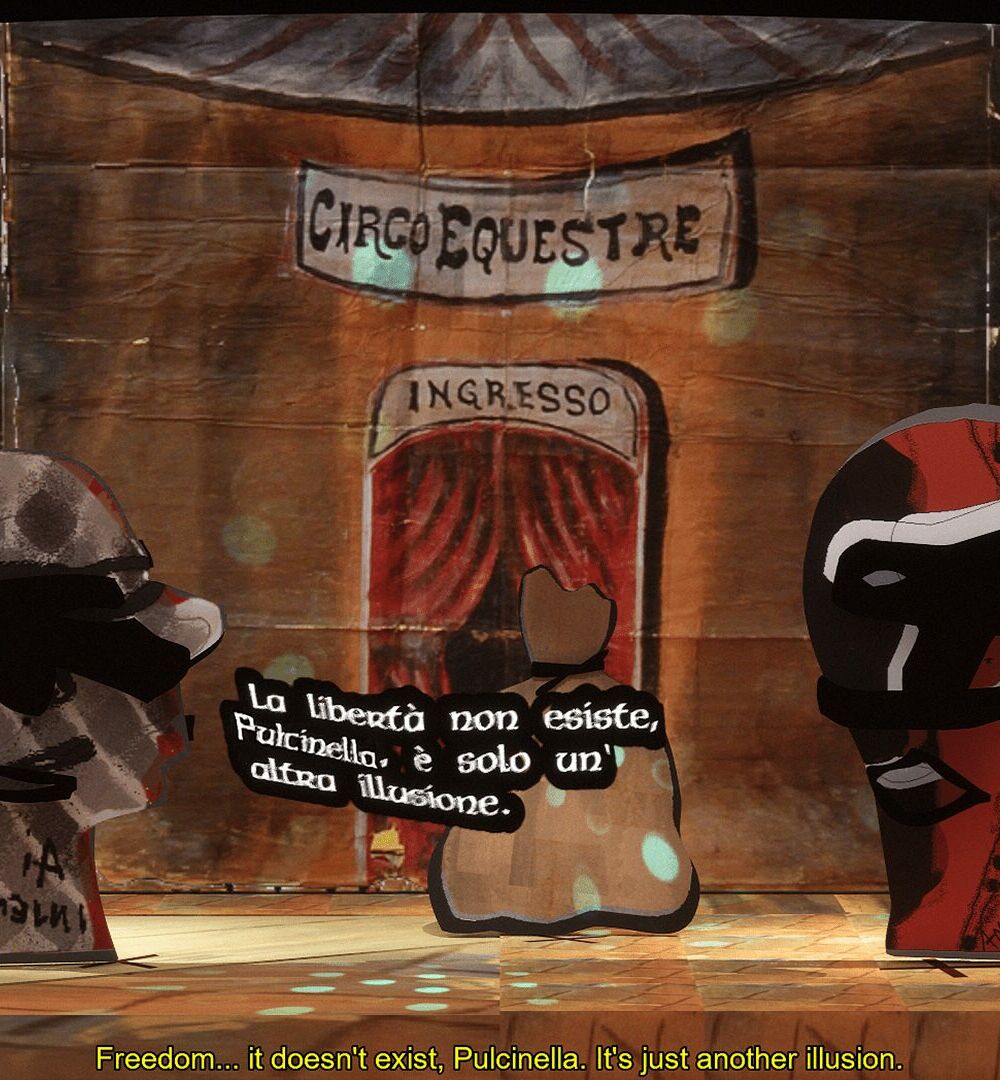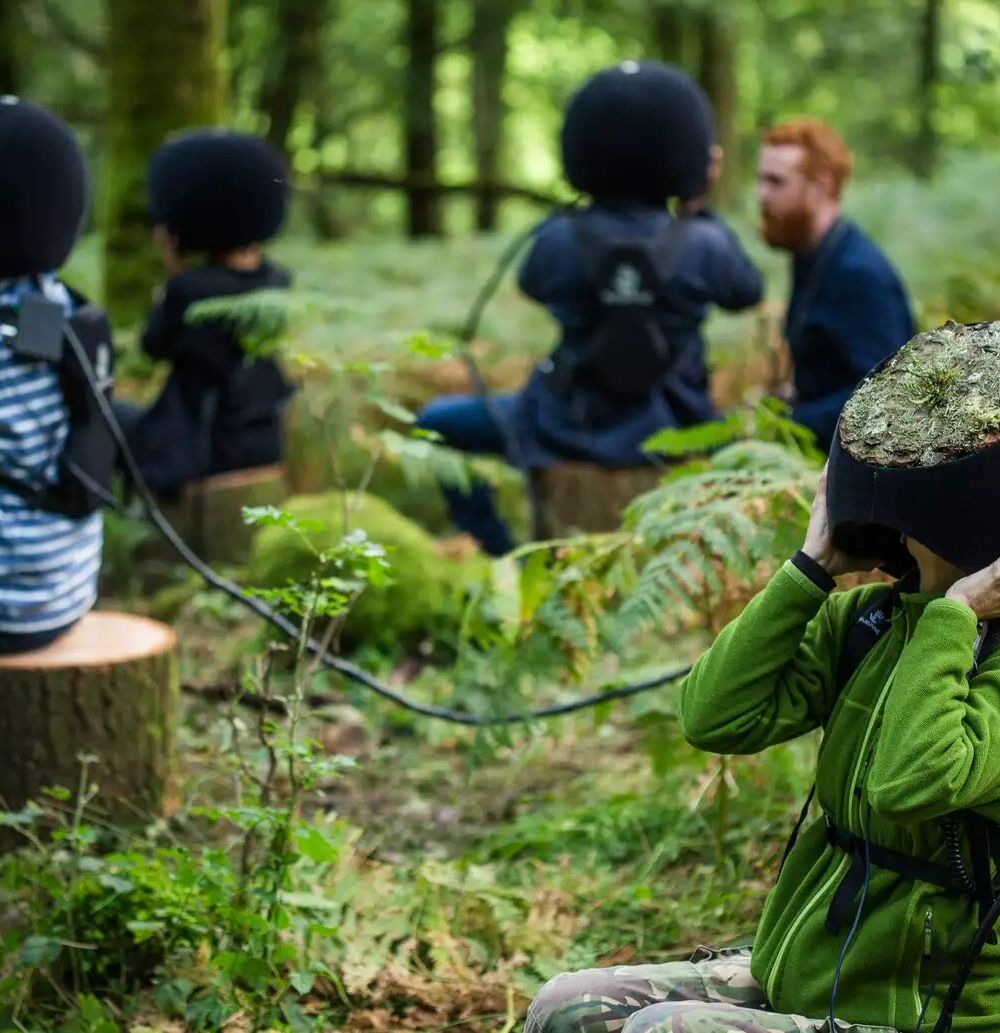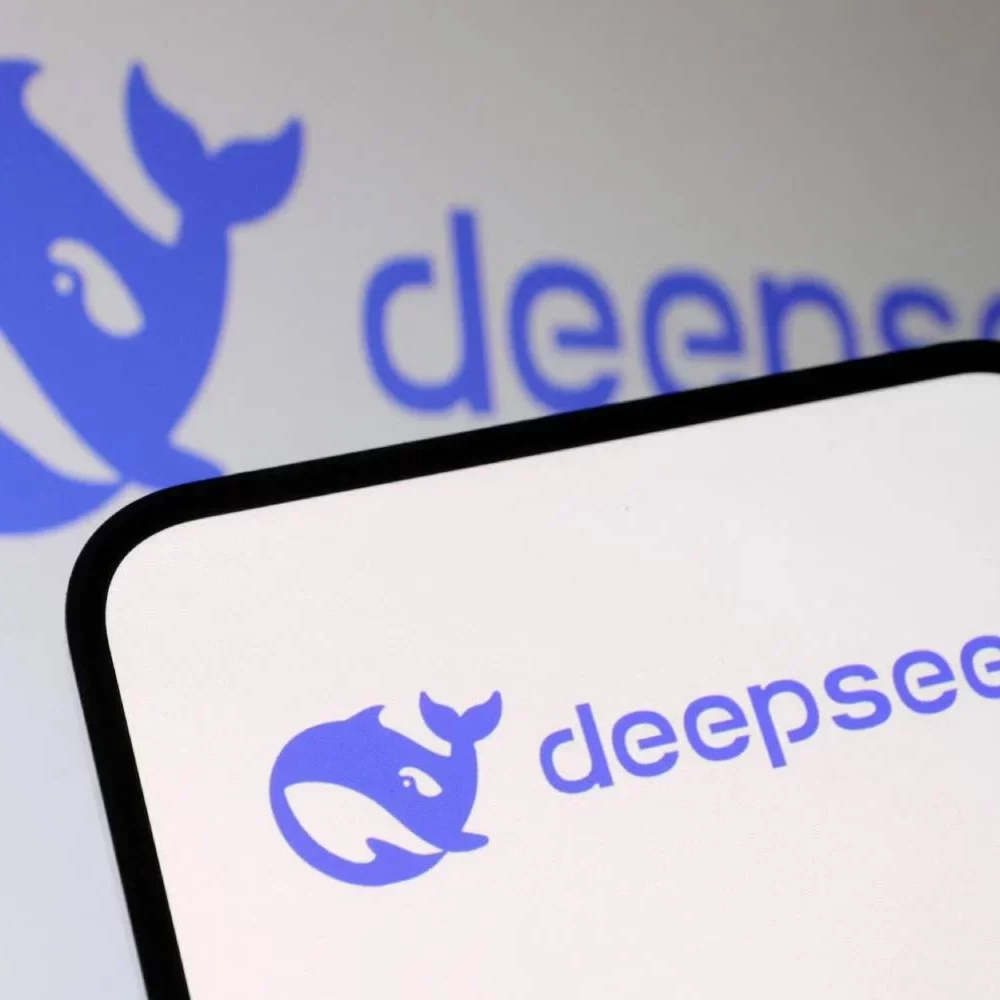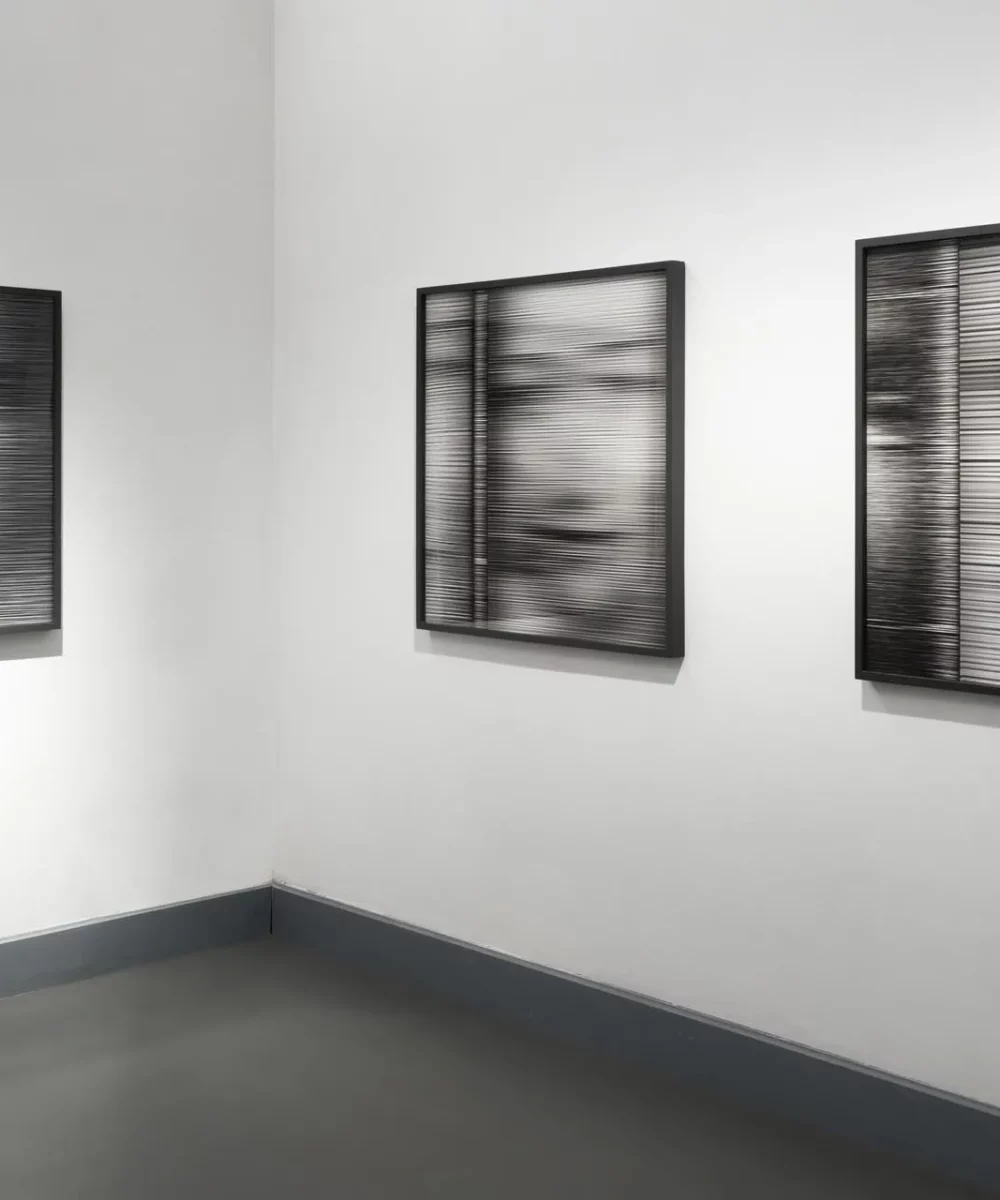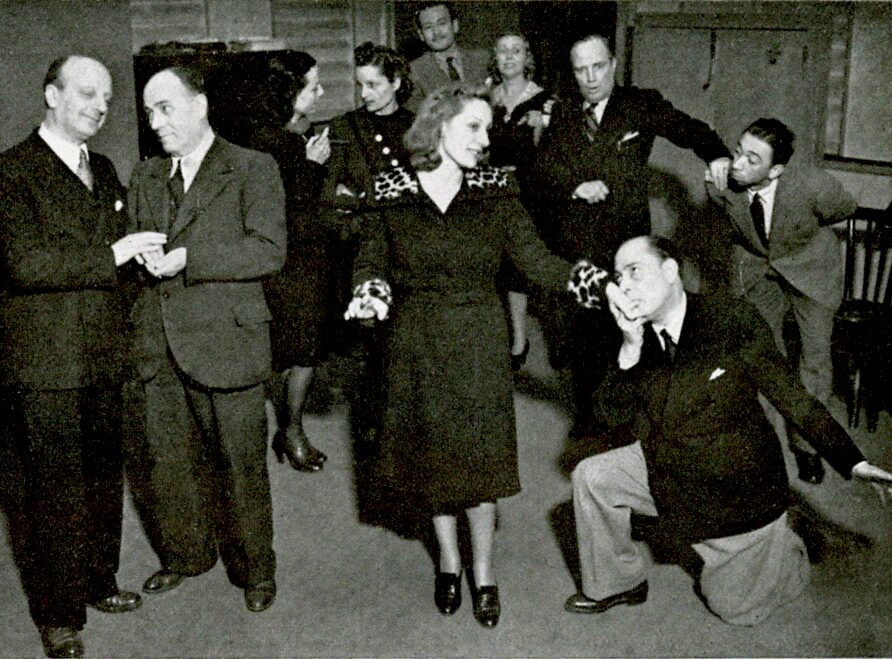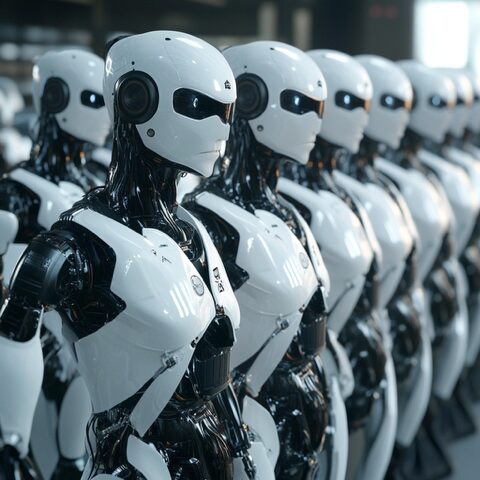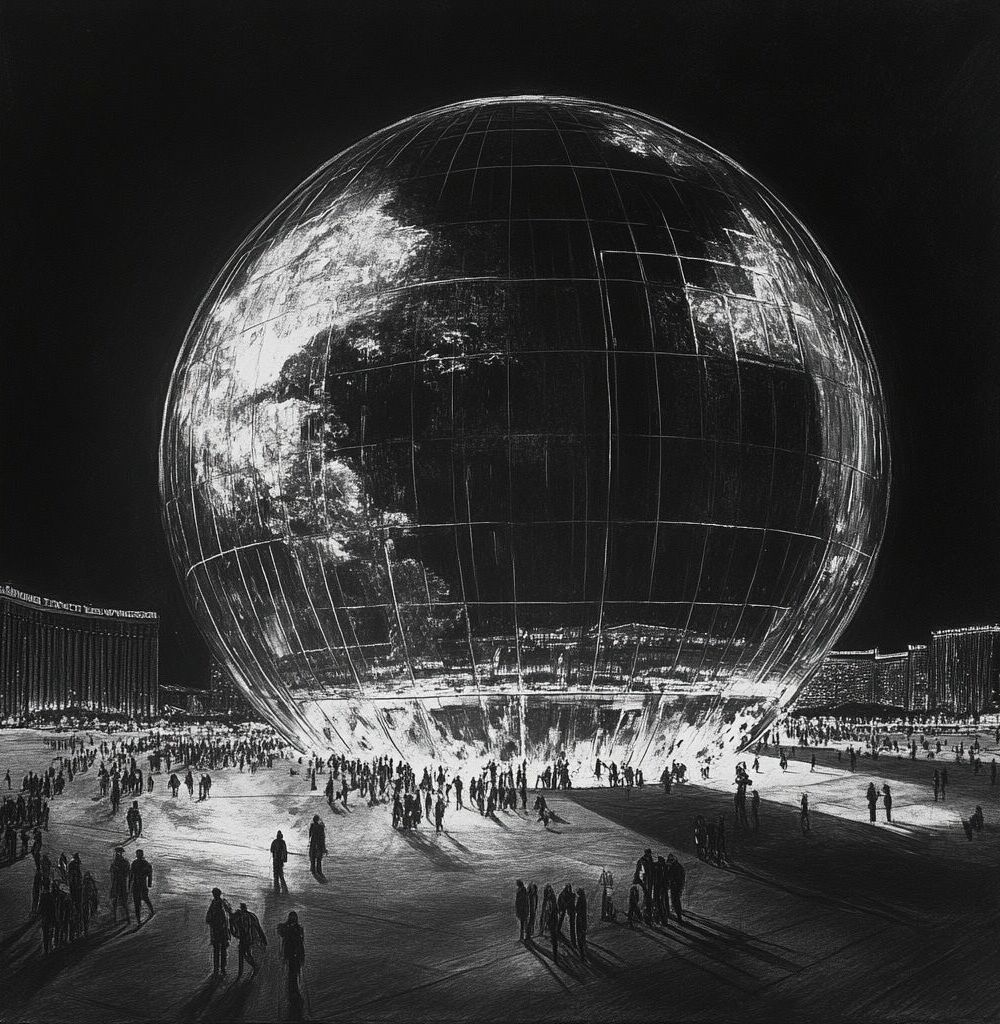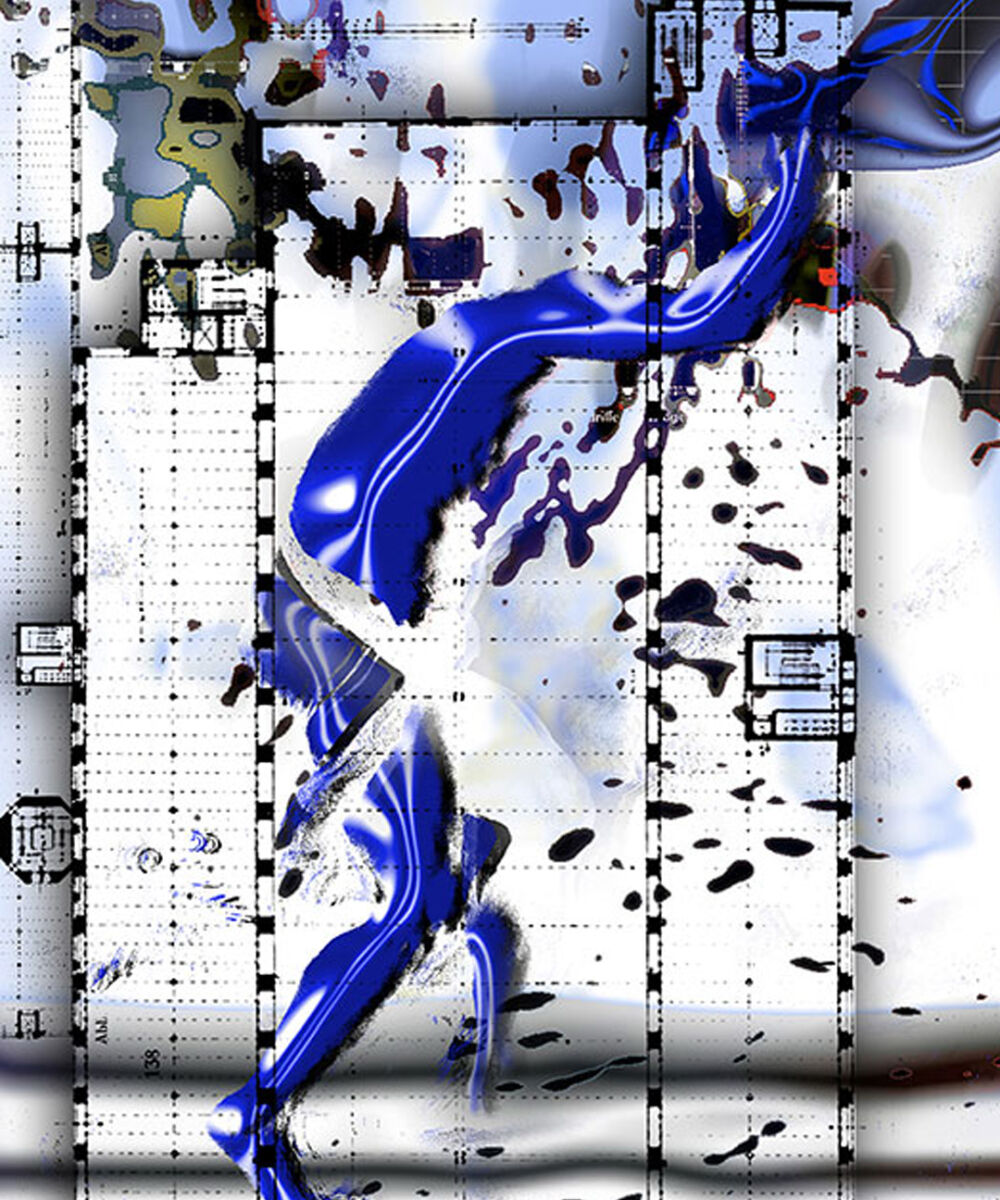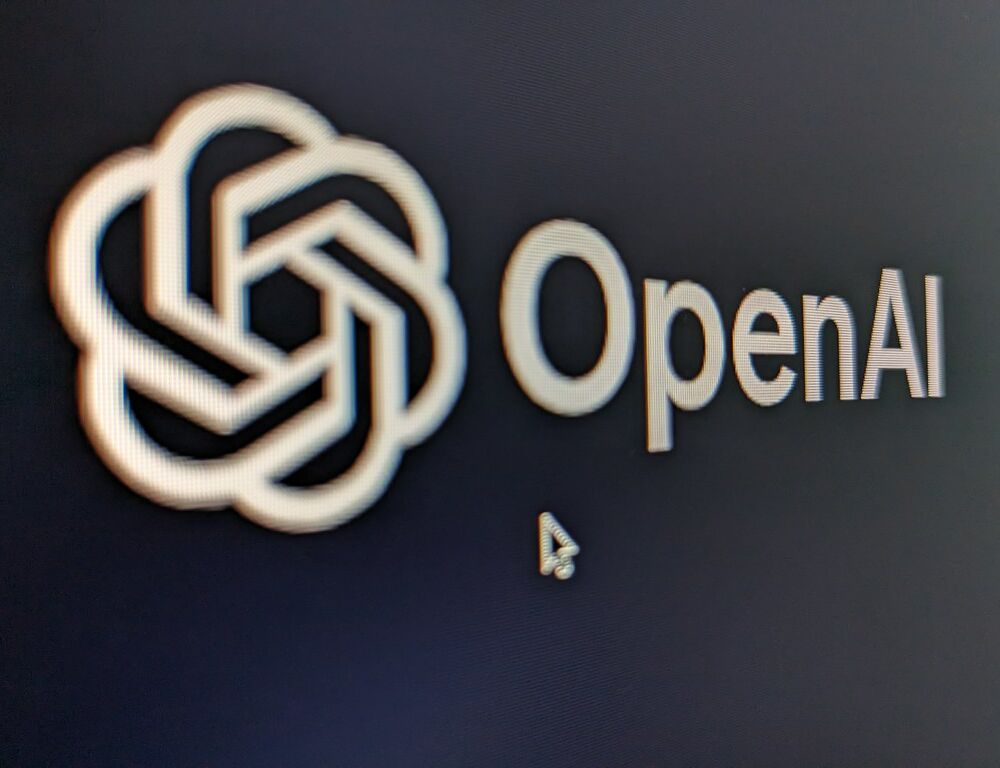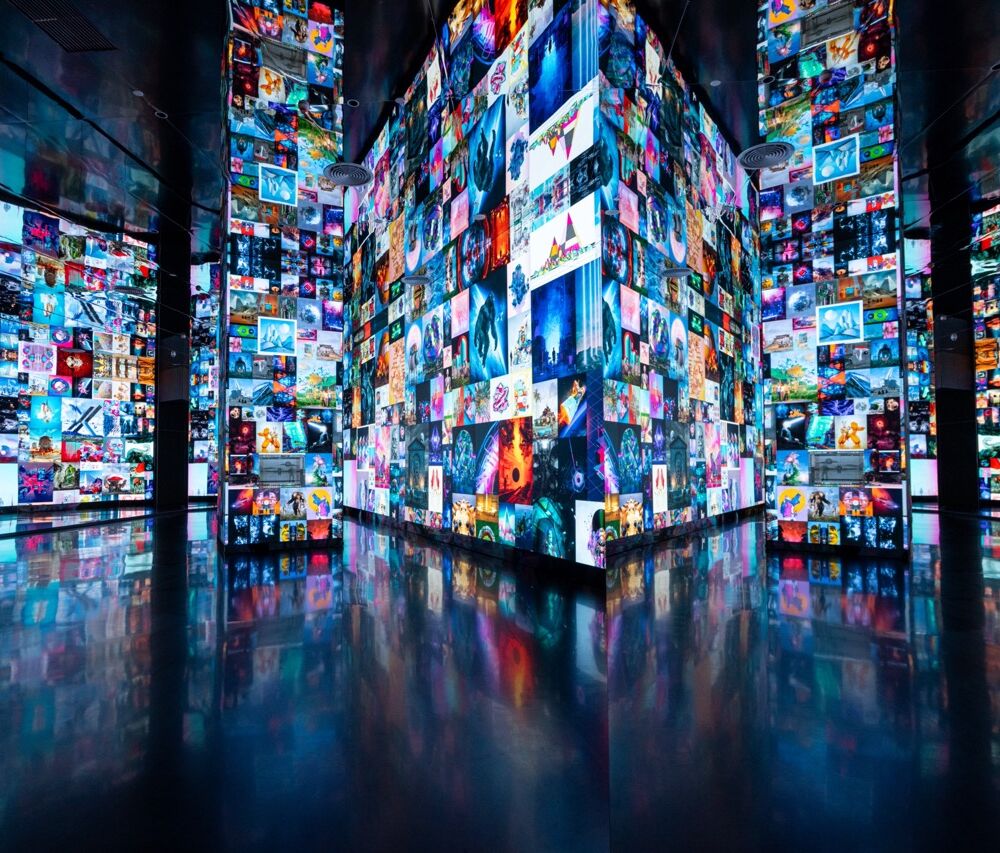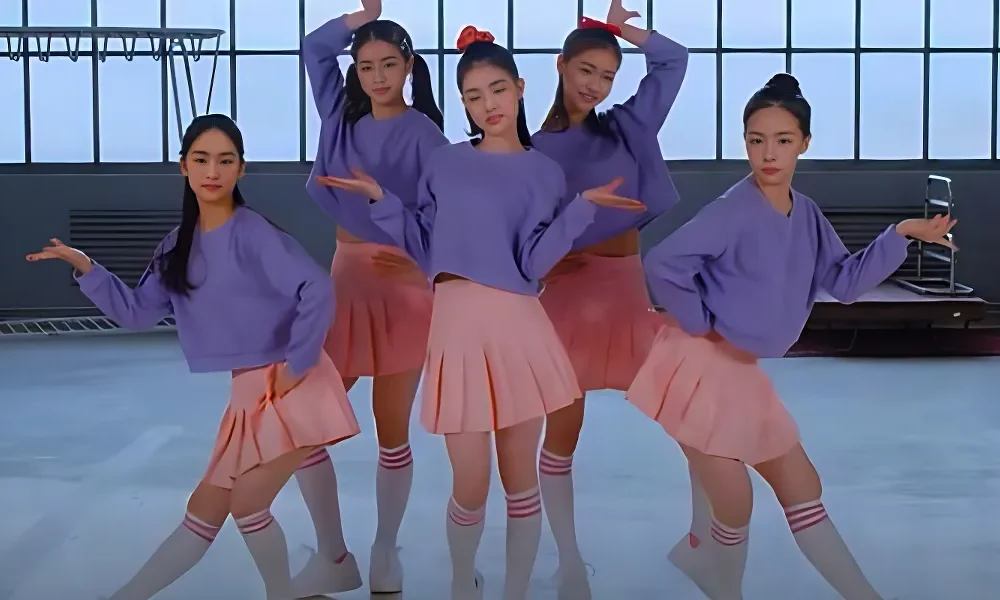A man steps through the entrance of the church, heads towards the confessional, and begins to speak. On the other side of the screen, however, there isn’t a priest responding but a chatbot powered by artificial intelligence.
We’re at Peterskapelle, a Catholic church in Lucerne, Switzerland. Here, theologian Marco Schmid has developed a revolutionary program called Jesus-AI, which has sparked significant debate.
Although Schmid has clarified that the initiative aims to encourage visitors to reflect on the relationship between faith and technology and is not intended to replace confessions made to a priest, controversy has not subsided.
Jesus-AI’s responses are based on religious texts available online. Schmid has admitted that the answers may not always align perfectly with Catholic teachings but also noted that, in all the tests conducted so far, the chatbot has never uttered anything blasphemous. The chatbot, capable of communicating in over a hundred languages, operates using two AI programs developed by OpenAI: the well-known GPT-4 and the Whisper voice recognition system.
The Swiss case is not unique. In Poland, a priest has created a small chapel in the city of Poznan that features an AI-based program allowing visitors to ask questions about Catholicism and faith. To activate it, visitors simply need to download an app and press a button on the lectern, enabling them to pose their questions to the virtual guide.
“Artificial intelligence is phenomenal because it allows you to ask all those questions you might have been too embarrassed to ask a priest or the Church,” said Father Radek Rakowski.
“Moreover,” he added, “AI can more easily provide a direct and objective answer, whereas a priest might not remember all the information.”
While the experiment demonstrates the Church’s efforts to keep up with the times and attract more believers, it also prompts us to ask: in this era of profound loneliness, are we sure that the faithful prefer speaking with a machine rather than a flesh-and-blood priest?
Alessandro Mancini
Is a graduate in Publishing and Writing from La Sapienza University in Rome, he is a freelance journalist, content creator and social media manager. Between 2018 and 2020, he was editorial director of the online magazine he founded in 2016, Artwave.it, specialising in contemporary art and culture. He writes and speaks mainly about contemporary art, labour, inequality and social rights.


